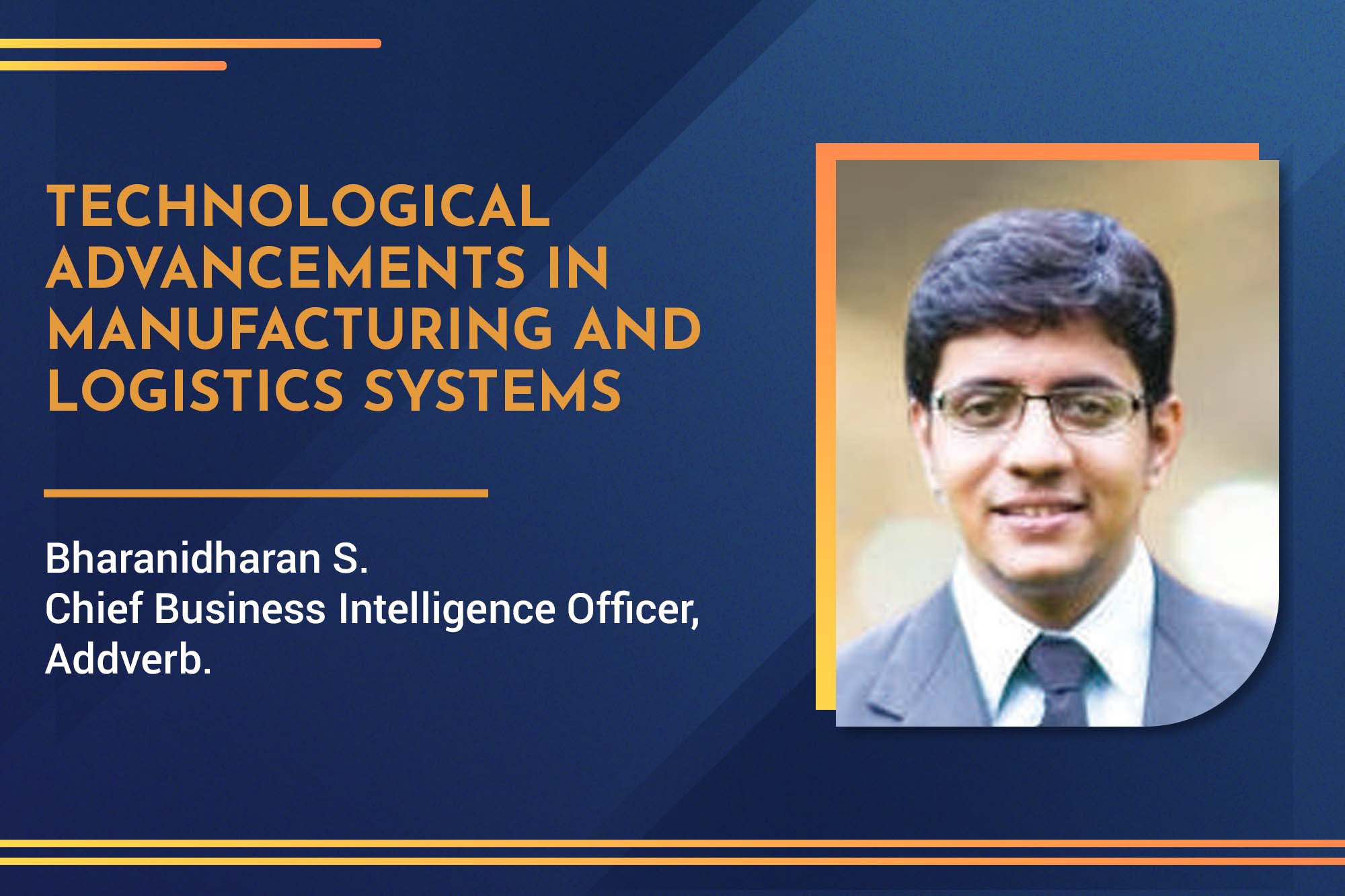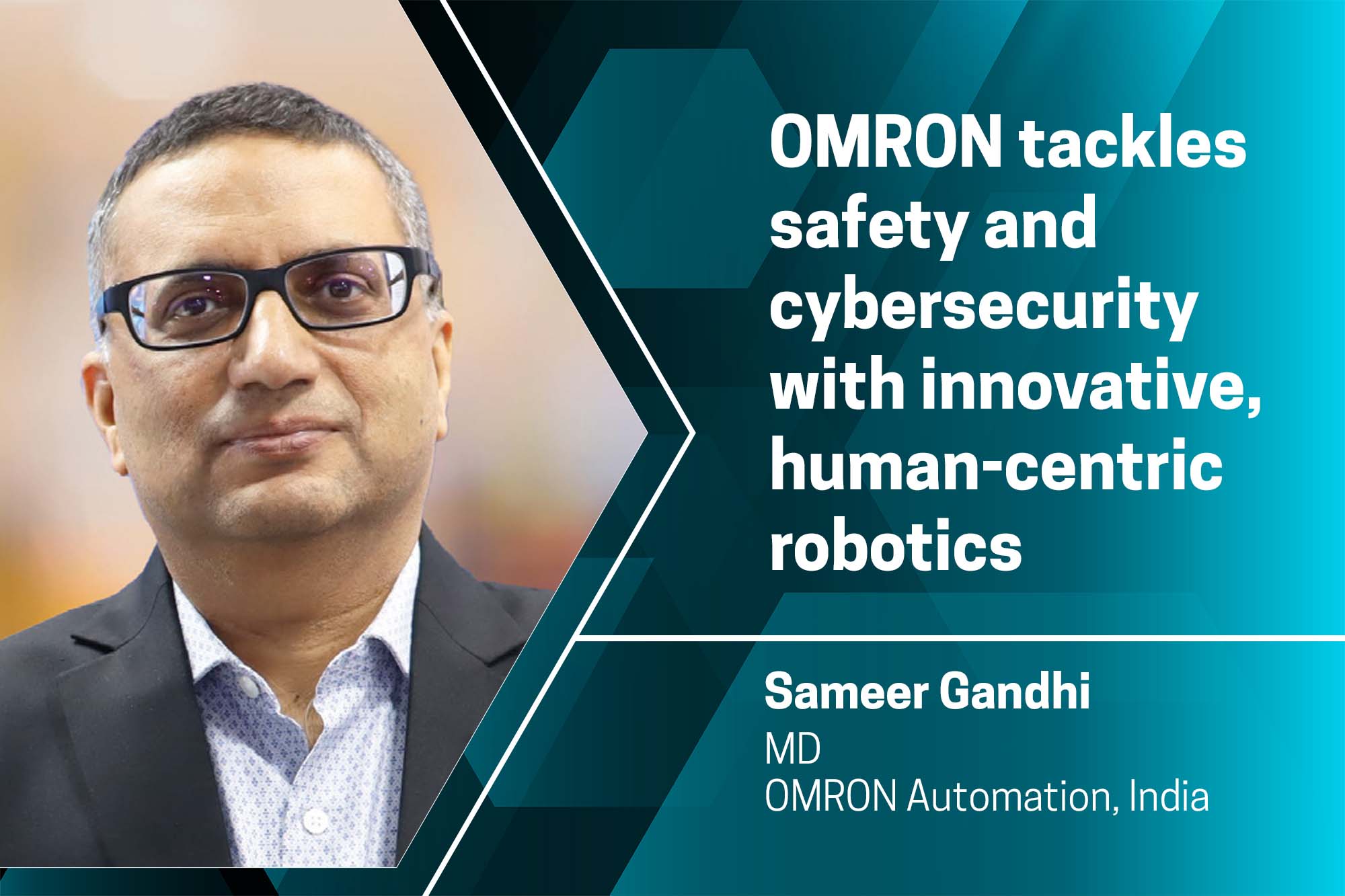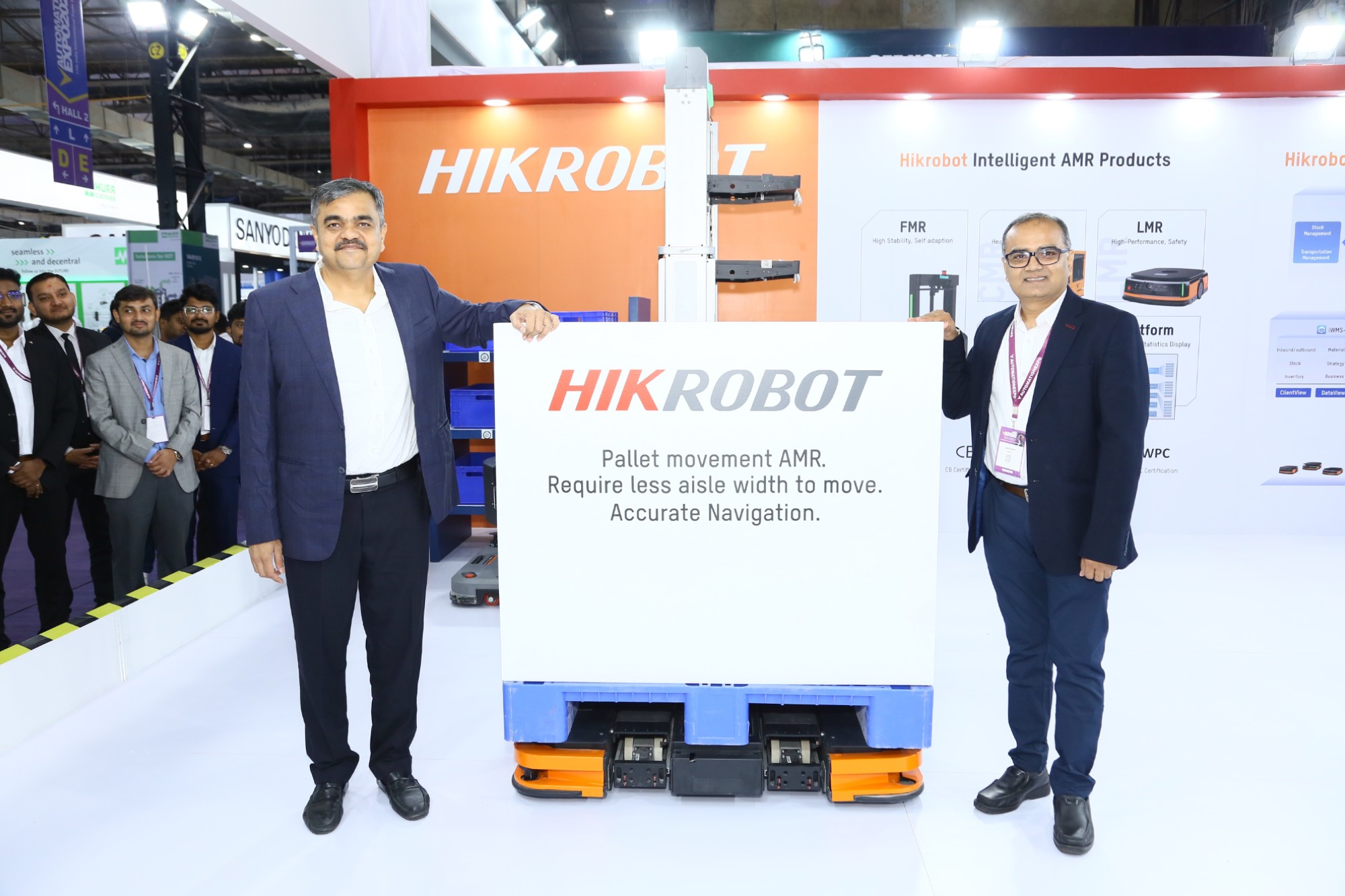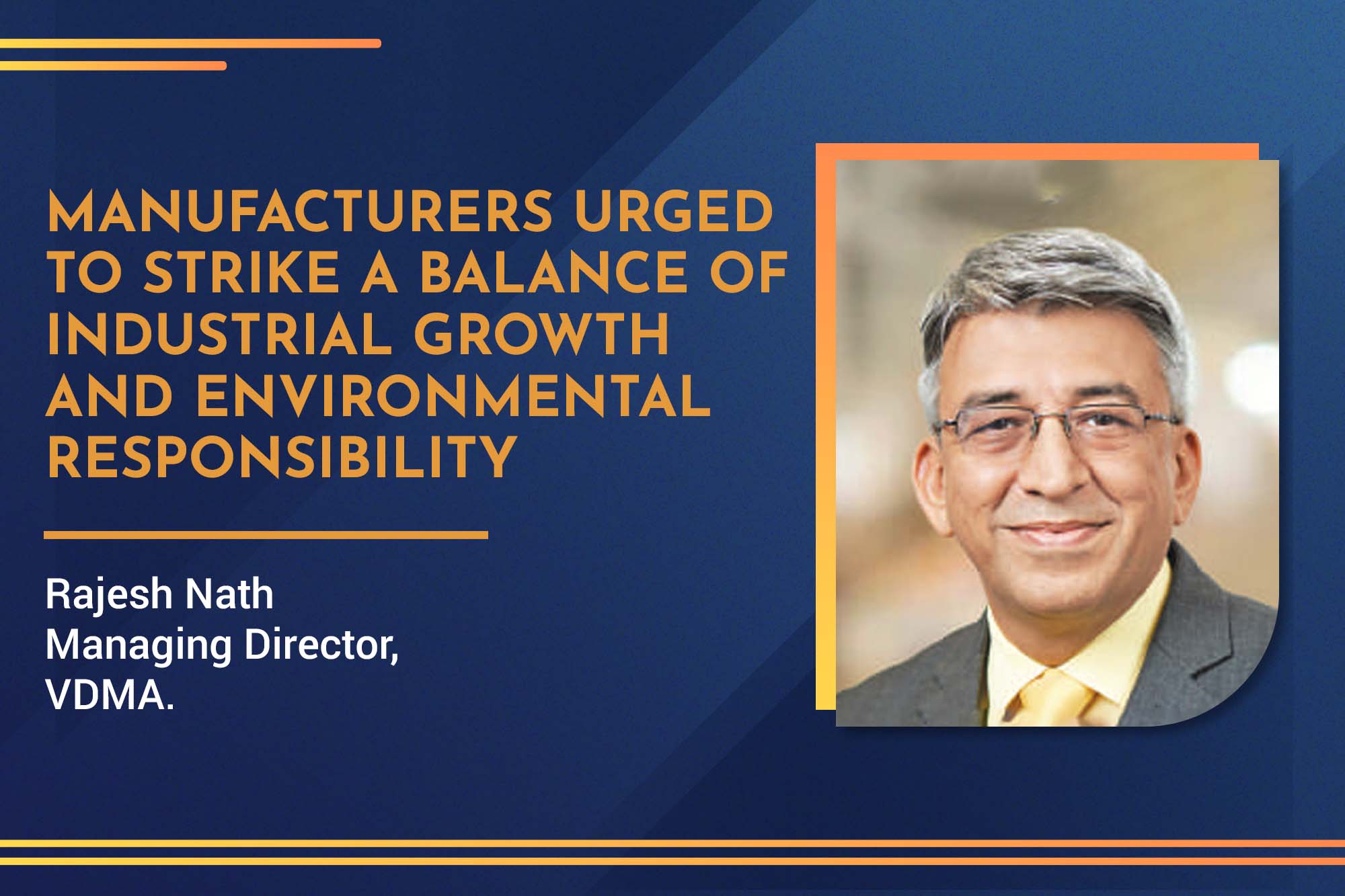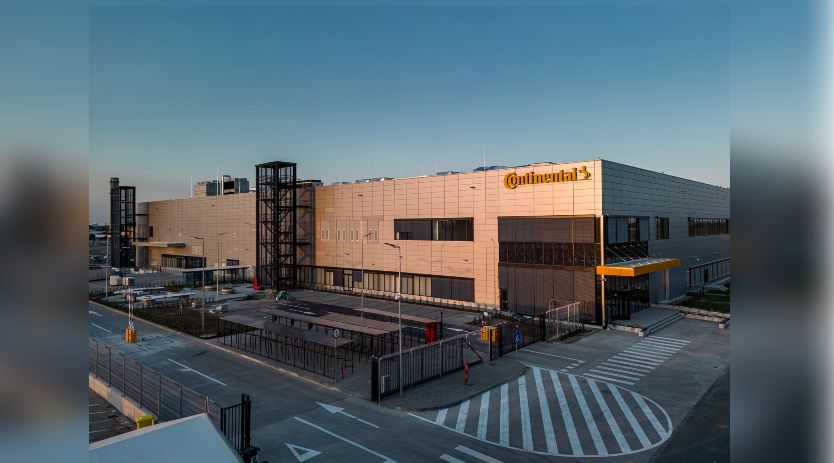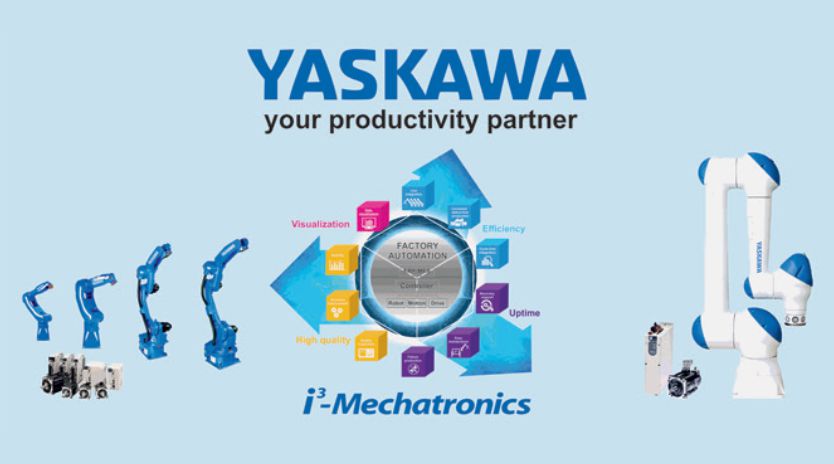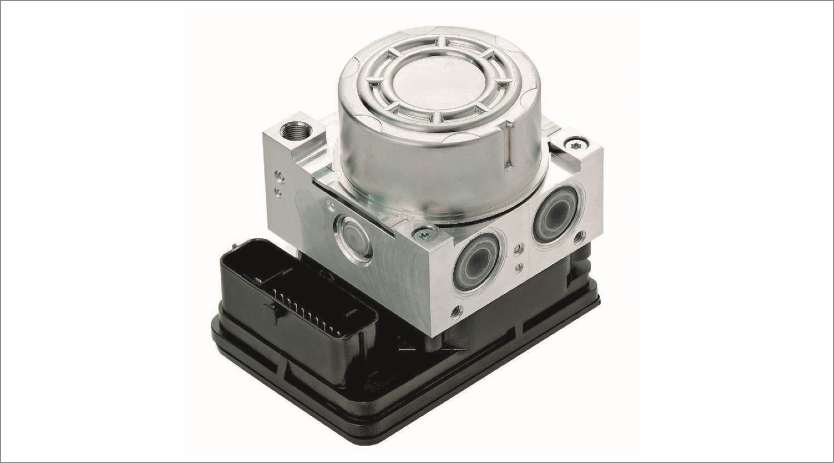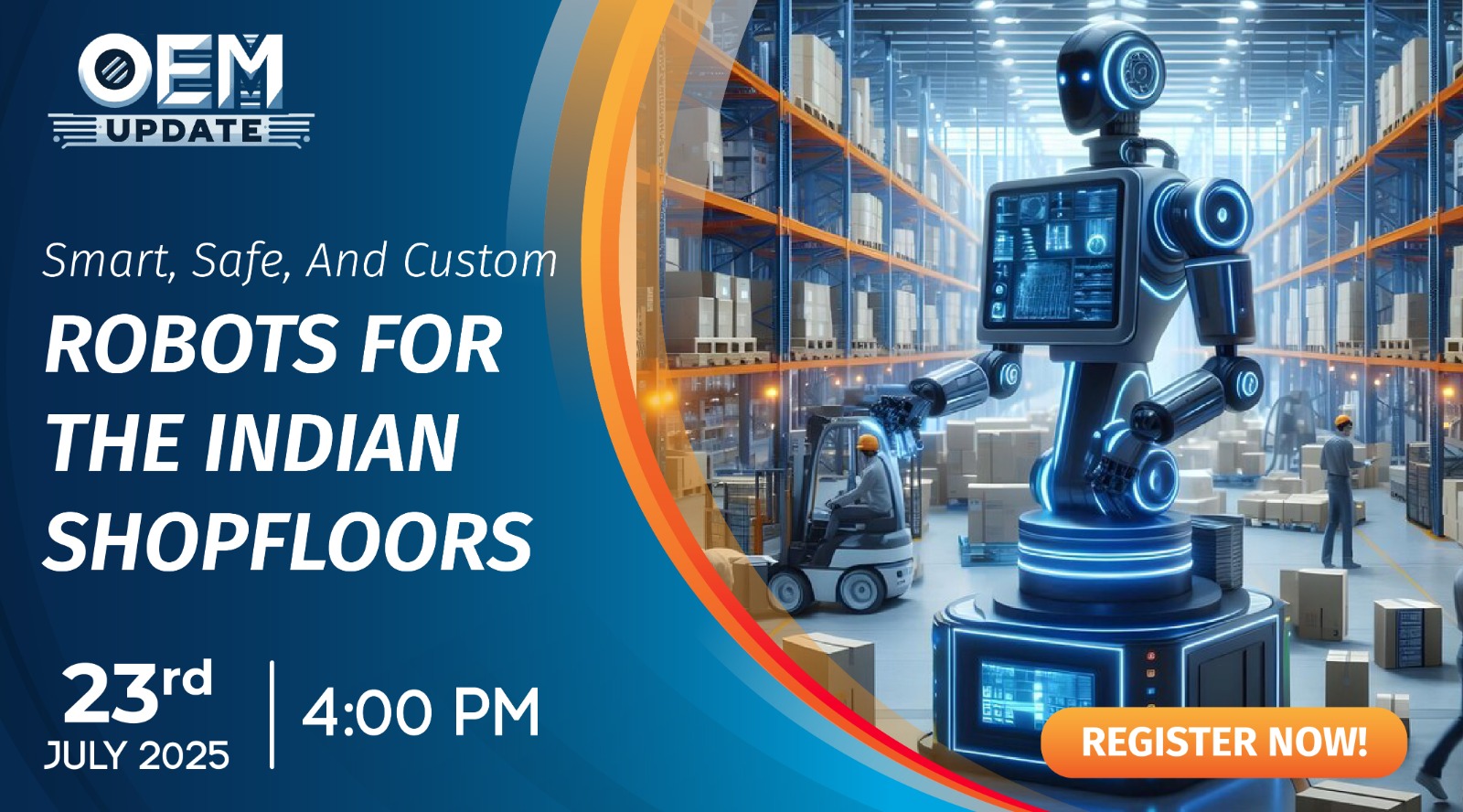Technological advancements in manufacturing and logistics systems
By OEM Update Editorial November 30, 2023 2:05 pm IST
According to Bharanidharan S, Addverb’s chief business intelligence officer, integrating smart technologies like AI, 5G, and robotics is reshaping manufacturing and logistics. AI-driven systems optimise operations, while AMRs and AGVs revolutionise efficiency. Governments and industries support sustainability through initiatives, driving the adoption of modern manufacturing technologies.
The potential of AI-powered predictive analytics and real-time monitoring
With the advent of smart technologies, manufacturing production and efficiency have increased. Innovations like AI-driven analytics have impacted manufacturing efficiency, enabling companies to maintain a competitive edge. Employing these technologies allows organisations to gain advantages such as increased efficiency, reduced costs, and enhanced customer satisfaction. Moreover, they can benefit from improved supply chain oversight, better demand prediction, tighter control over inventory, risk mitigation, and enhanced transparency within operational processes.
Demand forecasting and inventory optimisation: AI algorithms analyse market trends, sales data, and external market factors to generate demand forecasts. This helps organisations maintain accurate inventory levels and minimise the chances of excess inventory or stockouts, which might lead to supply chain discrepancies. Smart technologies help provide a smooth supply chain and better transparency.
Quality control: AI-powered systems are integrated with a smart vision that can easily identify errors and faults in products that are undetectable by humans. Thus, this technology helps reduce errors and improve efficiency on the shop floor.
Predictive maintenance: AI-based systems empower manufacturers to continuously monitor device health, offering insights into imminent repairs in real-time. This proactive approach significantly boosts safety and reliability by ensuring equipment remains in prime condition, thereby minimising the likelihood of accidents and optimising overall operations.
Supply chain optimisation: AI can analyse various factors influencing the supply chain, such as lead times, supplier effectiveness, and transportation expenses. This enables companies to make more informed decisions regarding inventory levels, transportation methods, and sourcing strategies.
How AI prevent supply chain disruptions
AI-based algorithms are essential in inventory management when it comes to warehousing. AI helps predict the latest market trends, leading to the forecasting of demand patterns in the market. This helps maintain accurate inventory levels in the warehouse to meet demand and helps avoid stockouts and overstocking, which increase costs. Also, real-time stock monitoring is possible, which increases the operational efficiency of the warehouse by ensuring the right amount of products are available to be delivered on time.
AI-driven inventory management enables warehouses to boost efficiency, cut expenses, and strengthen their position within the supply chain, guarding against potential disruptions. This revolutionary technology enhances warehouse operations and enhances customer satisfaction.
Government initiatives
The Indian government has launched multiple initiatives to bolster the country’s manufacturing sector, such as Make in India, Production Linked Incentive (PLI), SAMRATH BHARAT, and others. Efforts to promote Industry 4.0, which fosters the adoption of sustainable practices, have also been initiated.
Addverb, driven by the vision of ‘Enriching Lives through Human-Robot Collaboration,’ aligns with Prime Minister Narendra Modi’s Atmanirbhar Bharat ethos. The company has established an eco-friendly robotics ecosystem in India, supported by advanced manufacturing and R&D facilities known as Bot-Valley and Bot Verse.
Furthermore, Addverb is dedicated to “Make in India, Make for the World.” Their new manufacturing unit, capable of producing up to 100,000 robots annually, incorporates numerous sustainability measures to preserve the environment.
Automation systems for improved quality?Cutting-edge technologies like AI, ML, IIoT, 5G, and robotics are poised to revolutionise industrial facilities in the future, enhancing the production of higher-quality goods. Integrating these smart technologies streamlines product inspections, reducing errors thus improving product quality and cost efficiency. This convergence elevates productivity, efficiency, and customer satisfaction in industrial settings.
Moreover, AI algorithms enable real-time, highly precise product inspections, ensuring that only flawless items advance through production. This enhances accuracy and speed and ensures consistent quality across diverse product lines.
Artificial intelligence and autonomous robots
AI is revolutionising the evolution of autonomous robots, enabling them to operate with remarkable sophistication and adaptability. These AI-driven robots are equipped with integrated sensors that allow them to navigate complex spaces autonomously and perceive, interpret, and make informed decisions based on their environment. Through machine learning, these robots continuously enhance their performance by learning from data. Their adaptability to dynamic and unforeseen situations makes them versatile across different settings.
Autonomous robots powered by AI excel in tasks requiring precision and efficiency, significantly reducing the likelihood of errors and accidents. Their ability to operate continuously enhances scalability and productivity across various industries. Additionally, AI-capable robots streamline operations by automating labour-intensive tasks, saving costs.
Sensors on robots and automation technologies for efficient production
Sensors function like human senses for robots. They enable these machines to comprehend their environment, facilitating navigation, collision avoidance, obstacle recognition, and distance measurement. Designed to gather data from the surroundings, sensors translate this information for the robot’s control system. This real-time data collection empowers robots with intelligence, enabling them to make quick and informed decisions like humans.
Real-time monitoring of assets
The 5G network serves as a vital element in the communication infrastructure of smart manufacturing facilities. Specifically designed for industrial applications, 5G is a key enabler in achieving smart manufacturing goals. 5G provides notably faster data transmission speeds and reduced latency compared to earlier wireless network generations. This enables instant sharing and reception of sensor data, facilitating real-time monitoring and swift responses.
Advantages of AMRs and AGVs for manufacturing and logistics
Automated guided vehicles (AGVs) and autonomous mobile robots (AMRs) are pivotal technologies reshaping logistics and manufacturing operations.
AMRs stand out for their adaptability and flexibility, excelling in dynamic environments without needing fixed infrastructure. Their scalability and user-friendly nature cater well to businesses with evolving needs. Additionally, AMRs enhance safety and productivity alongside humans, offering valuable optimisation insights through real-time tracking and data capabilities.
On the other hand, AGVs thrive in controlled environments with clearly defined pathways, ensuring precise and reliable movements, making them perfect for repetitive tasks. Renowned for their ability to handle substantial loads, AGVs play a vital role, particularly in manufacturing sectors.
AMRs excel in flexible settings, while AGVs are great in regulated, repetitive operations with heavy payloads. Both technologies significantly bolster productivity and operational efficiency in the industrial and logistics sectors.
Cookie Consent
We use cookies to personalize your experience. By continuing to visit this website you agree to our Terms & Conditions, Privacy Policy and Cookie Policy.




